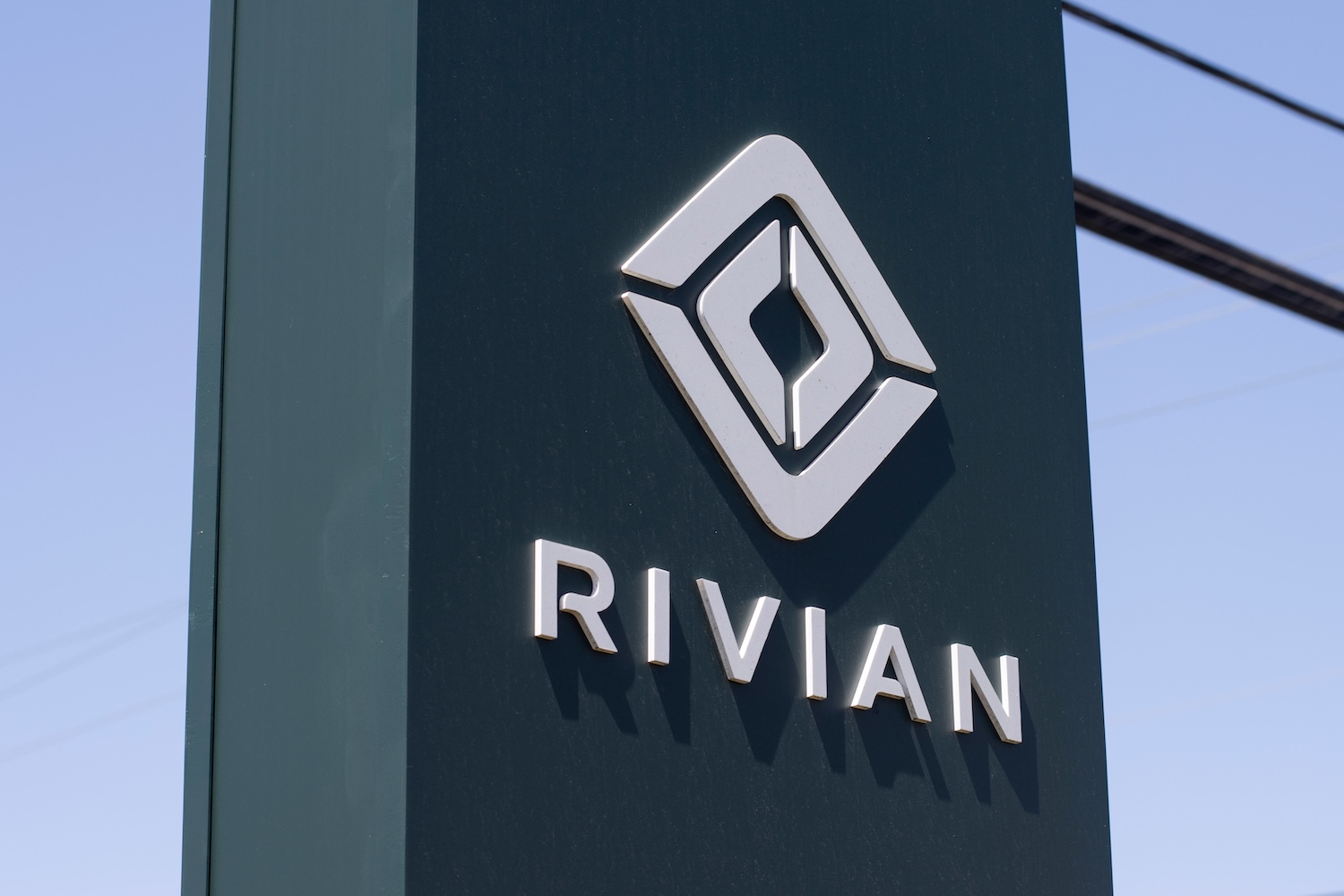
When Tesla (TSLA) reported blowout Q3 global deliveries on Thursday, analysts credited the surge in part to Americans rushing to lock in their $7,500 EV tax credit before it expired on September 30.
Tesla’s Q3 deliveries came in at 497,077, which easily beat Bloomberg consensus estimates of roughly 439,800.
It was also much higher than the 462,890 units Tesla delivered during the same quarter a year ago. In fact, Tesla said the global deliveries set a new quarterly record for the company.
It's no surprise EV makers got a boost this summer after the US government adjusted its rules and allowed consumers to still qualify for the credit as long as a payment was made on September 30, even if the vehicle had not yet been driven off the lot.
But Tesla’s huge quarter also reaffirmed something else: Despite its self-inflicted brand damage through Elon Musk’s foray into politics – and despite the increased competition it's facing in foreign markets – the EV space in the US continues to be defined as Tesla and everyone else.
This was made clear again when on the same day that Tesla reported its quarterly beat, EV startup Rivian (RIVN) revealed in an SEC filing that it was cutting its full-year delivery forecast for 2025.
That's a sign that the expiring tax credit did not grease its sales the same way it did for Tesla.
Rivian said in the filing that it produced 10,720 vehicles in the third quarter and delivered 13,201, which was actually above the 12,000 vehicles that analysts projected, according to data from FactSet.
However, the company lowered its forecast for 2025 deliveries to between 41,500 and 43,500, after having forecasted 40,000 to 46,000 in July. That also cuts its midpoint estimate by 500 units.
Rivian’s stock tumbled 7% on news of the lowered forecast.
A more challenging road ahead
Despite its blowout quarter, Tesla’s stock also fell on Thursday, closing down just over 5%. This likely reflects the growing concern from investors over the US EV market now that the tax credit has expired.
And this new headwind means Rivian is facing an even more daunting challenge to win over consumers.
CFRA analysts this week reiterated their SELL rating on Rivian, while maintaining an $8 price target, which is below the current RIVN share price of over $13.
The firm expects to “see a material drop in EV demand beginning in the current quarter,” while noting that Q3 marks “the second straight quarter in which RIVN’s deliveries have exceeded production by a wide margin,” which would indicate that the company now has much lower inventory levels.
But most troubling to CFRA is that Rivian appears to be burning through cash at a rapid pace, which is being exacerbated by ongoing construction costs.
“We find RIVN’s cash burn rates highly concerning and the construction of a new plant in Georgia should act as an even greater drag on free cash flow, which we expect to escalate balance sheet worries and weigh on equity performance,” the analysts wrote.
Your email address will not be published. Required fields are markedmarked